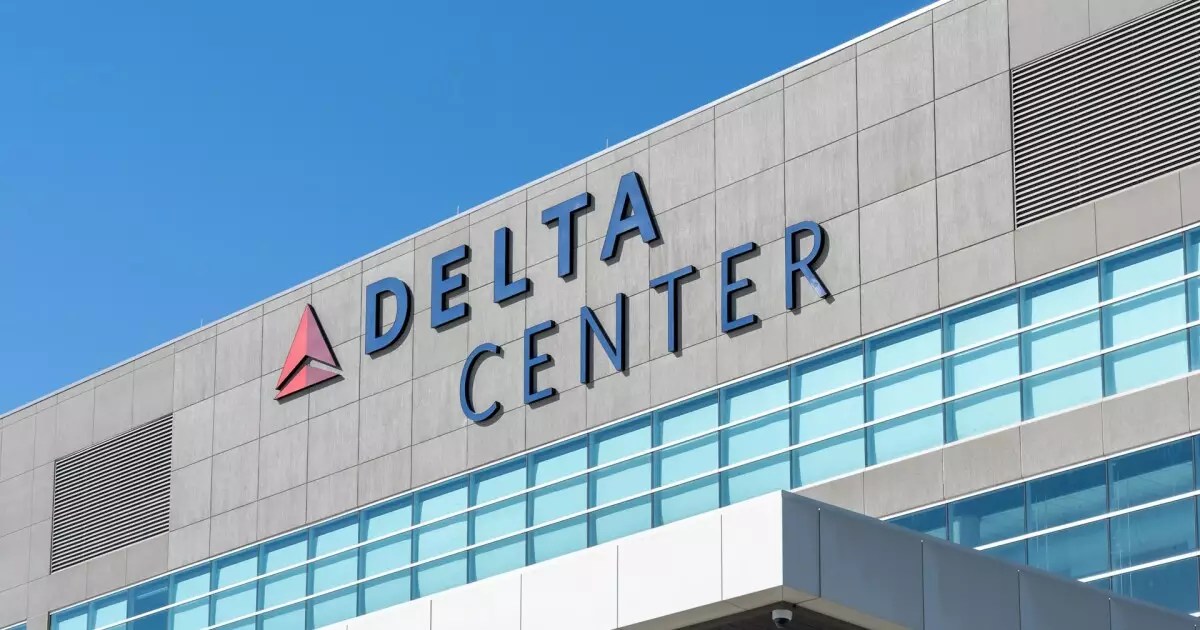In a landmark decision late Tuesday, Salt Lake City’s council has approved a significant agreement potentially leading to the issuance of bonds up to $900 million. This financial maneuver is intended to not only rejuvenate a major league sports arena but also to spur development within a previously underutilized downtown district. The implications of this decision extend far beyond simple renovations; they hint at a transformative shift in both urban planning and community engagement in Salt Lake City.
The funding for this ambitious project hinges on a 0.5% increase in the city’s sales tax, which now stands at 7.75%. This adjustment, effective January 1, is projected to generate approximately $1.2 billion over the next 30 years, notably without affecting basic necessities like groceries or essential vehicles. Such a structured approach aims to balance economic growth with the social responsibility of protecting the residents who are most vulnerable to tax burden, but it does raise questions concerning long-term fiscal sustainability amid potential economic downturns.
This agreement was facilitated by recently enacted legislation in Utah which broadened the scope of local governing bodies to engage in debt financing and weighted tax adjustments to fund community projects. The formation of the Revitalization Zone Committee, which previously endorsed this initiative, is crucial for providing oversight and ensuring accountability during the execution of these expansive plans. However, the establishment of such a committee can also attract scrutiny regarding its actual effectiveness in monitoring expenditures and project timelines. Critiques will likely emerge regarding transparency and the ethical implications of large-scale public funding for private enterprises.
The city council meeting wasn’t without its share of dissent. Public comments displayed a spectrum of responses; while many applaud the revitalization efforts, others express discontent, fearing potential long-term ramifications on their communities. Concerns have also been raised regarding a former Salt Lake City mayor announcing intentions to pursue a voter referendum, which puts the spotlight on democratic processes in decision-making. The comment made by Council Chair Victoria Petro regarding the need for “continuous vigilance” reflects a deepening acknowledgment of the complexities inherent in such major public investments; balancing ambitions with caution will be vital.
One of the most significant outcomes of this agreement is not just the immediate financial implications, but the broader implications for sports culture in Salt Lake City. With Ryan Smith’s acquisition of the Utah Jazz and the newly named Utah Hockey Club, the agreement is positioned as a cornerstone for cementing Salt Lake City’s status as a sports hub. The comprehensive nature of the proposed development—including expansions to both entertainment and cultural facilities—suggests a potential to foster community engagement and economic vitality over the next three decades.
While the recent bond agreement has been lauded as a progressive step toward fostering growth and revitalization in Salt Lake City, its execution will demand careful oversight and community involvement to ensure that the promised benefits are realized comprehensively and equitably. As the city embarks on this ambitious journey, the collective focus will remain on how well it navigates these choppy waters in the coming years.


Leave a Reply